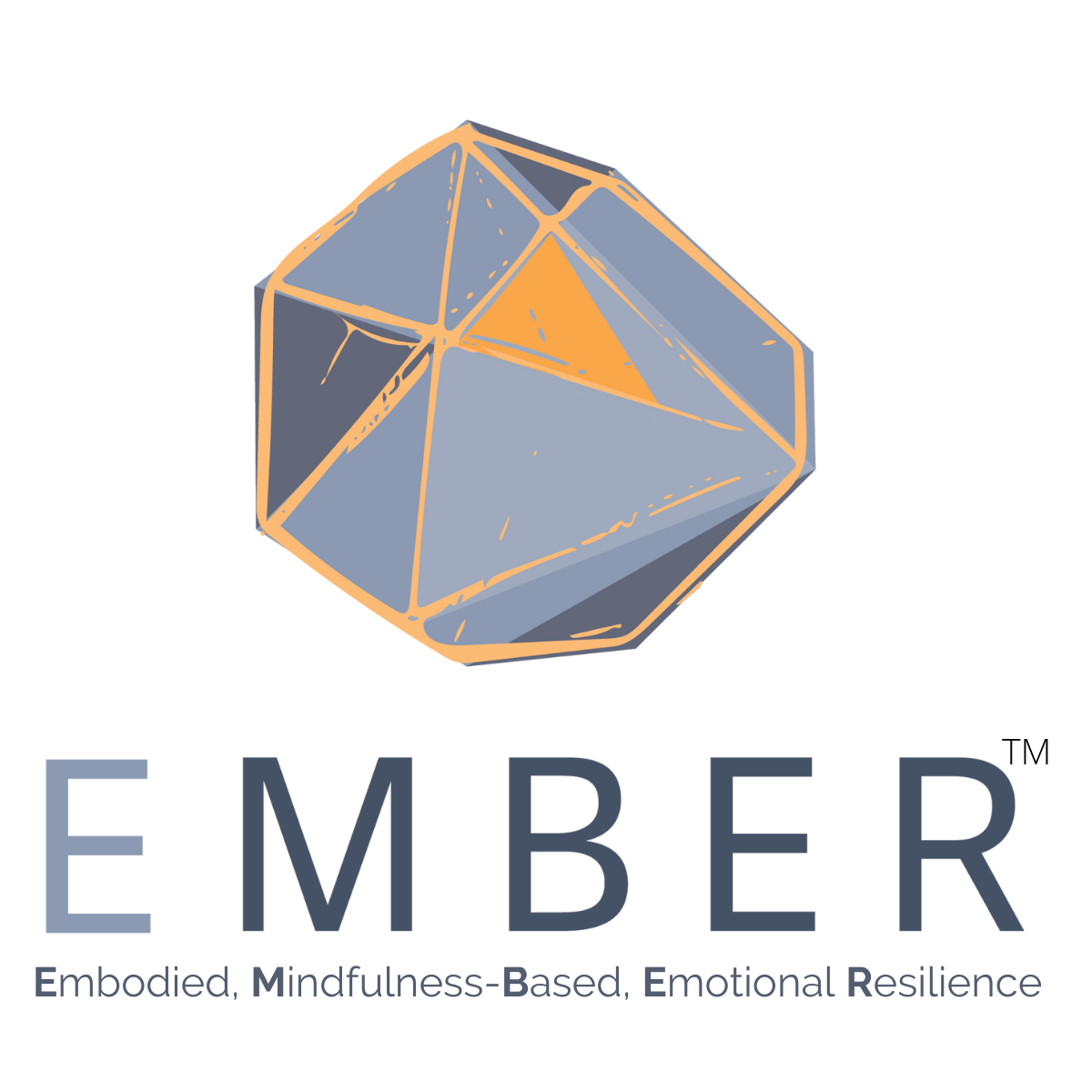What is the meaning of heroism? That’s a question that Michele and I were left pondering recently when we spent the day behind high walls and barbed wire at the Ohio Reformatory for Women. Our hosts were the staff and women of Tapestry, a therapeutic community that offers intensive residential treatment for inmates with a history of addiction. It’s at Tapestry where on April 9th we’ll be launching EMBER, our twelve-week course that uses the tools of mindfulness meditation and trauma-sensitive yoga to develop emotional resilience.
Tapestry is a sisterhood, a community where women live as a family and learn not just from clinical staff but also from each other. Our introduction to the structure of the program came from five of its current participants, who sat down with us to explain their journey through Tapestry’s five phases: from phase one, where they receive their initial orientation and assessment, to the final “cadre” phase, where they act as models and mentors to other inmates and assist staff with the program’s implementation and even its design. Through that gradual accumulation of responsibilities, the program works to build each woman’s capacity for self-awareness, problem solving, and skillful action. At its most effective, the program produces far-reaching and fundamental transformation, as participants deepen their ability to forge connections with others and to face the world in a spirit of honesty and trust.
The final hour of our day-long immersion was spent observing a group therapy session, where thirty women addressed the question “Who is your hero?” Each woman stood and read an account of the person whose heroism had touched her most deeply. What was striking about their intensely emotional stories was that the heroism described was not earth-shattering – not the sweeping, world-changing actions of a Mahatma Gandhi or a Martin Luther King. The heroism that mattered to them was simple and intimate: elderly grandmothers and teenaged nephews who stepped up in times of crisis, men and women who believed in them when they themselves couldn’t, and who, despite all their wrong turns and destructive behavior, were willing to sacrifice on their behalf.
What they described was unconditional love, and the heroism it prompted was indisputable. But as I listened, I was struck by another kind of heroism: a willingness to start over, no matter how difficult; a refusal to be defeated, no matter how bleak life seems. What permeated their stories – what made the atmosphere in the room so electric – was the sheer energy of that gritty, impassioned determination. It was a heroism borne of suffering, of having no choice but to look squarely at the demons that have shattered one’s life.
Joining the Tapestry program takes courage. Every woman who signs up to it commits to a rigorous schedule (wakeup call is 6 am), severe constraints on her freedom of movement, and round-the-clock monitoring by staff and peers. Above all, she commits to unflinching self-scrutiny and self-regulation. Through a daily regimen of encounter groups, topic-based seminars, and manual labor, members of the sisterhood learn to see, and to alter, patterns of self-sabotaging thought and action. It takes time, and patience, and, at times, superhuman strength.
In many ways, the Tapestry program aligns with basic tenets of yogic philosophy. In his Yoga Sutras, Patanjali sets out three foundations for purposeful (or, one might say, heroic) living: tapas (which literally means fire), svadhyaya (the study of self), and ishvara-pranidhana (surrender to the divine). Tapas means will, determination, the power of self-discipline. In Tapestry, it is present in the program’s emphasis on rigorous scheduling and disciplined labor. Svadhyaya means the cultivation of self- knowledge. In Tapestry that forms the core of daily routine, in the therapeutic groups that encourage each woman to examine her habits, behaviors, and thoughts. Ishvara pranidhana means trusting in a higher power, be it God, or nature, or the universe, or the enveloping force of human kindness. In Tapestry, it means letting go of defenses that no longer serve you. It means learning to build a capacity for trust, in the understanding that some things in life are beyond your control.
In bringing EMBER to Tapestry, our aim is to use the tools of meditation and yoga to deepen each of those foundations. The very structure of the EMBER curriculum provides the discipline of regular practice: twelve 90-minute weekly classes, with practical and written “homework” in between. That curriculum consists of asana practices and guided meditations that offer the women a novel form of self-scrutiny: the minute observation of physical sensations and of the physical properties of emotions and thoughts. Above all, EMBER emphasizes surrender – a deep and profound acceptance of whatever sensations arise in each moment. In encouraging that attitude of acceptance, we aim to strengthen each woman’s capacity for resilience: her ability to ride out discomfort, to trust in her innate, basic goodness, to understand that whatever unpleasant feeling she is experiencing will eventually fade away.
The women of Tapestry face many obstacles: incarceration, addiction, and, very often, a history of abuse and trauma that makes it difficult for them to feel truly safe. Our goal with EMBER will be to help them develop a sense of safety. The first step in that direction will be learning to recognize what safety feels like. From there, they can build up a personal “tool kit” of practices that help them to cultivate safety within themselves. To us, every woman in Tapestry is already a hero. Our hope is that we can play a part in helping them embrace that fact for themselves.






